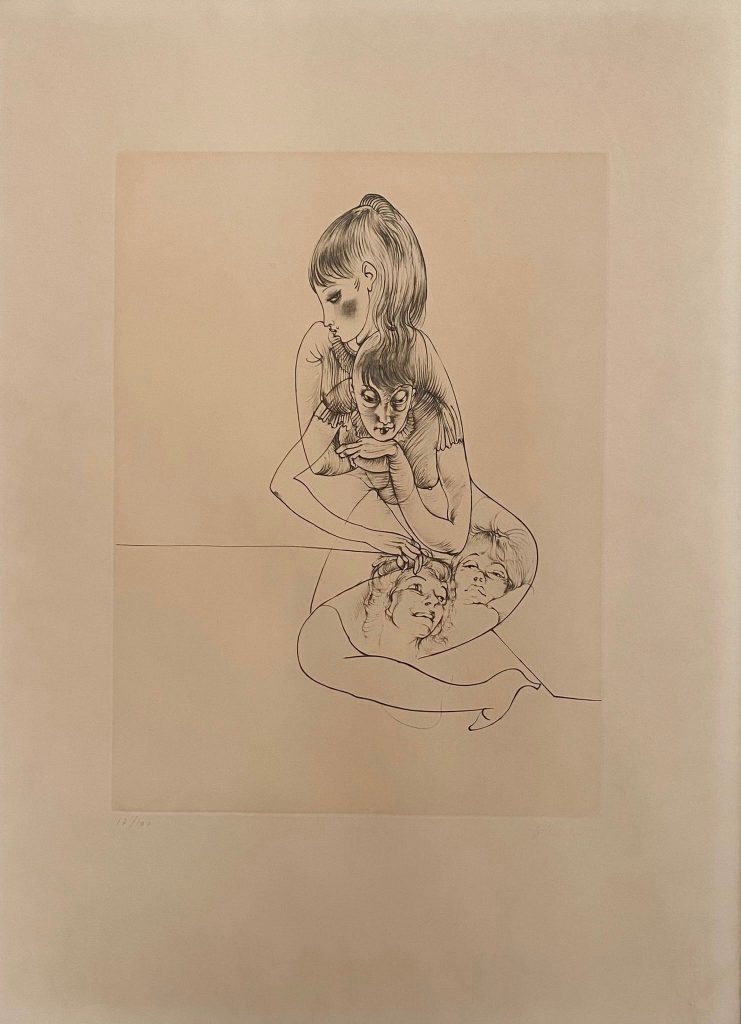More on modern feminism
Is it true liberation and women’s empowerment?
Modern feminism mainly corresponds to exposing almost naked women’s bodies. From red carpets and fashion shows to music events, that seems to be the most visible trace of female affirmation.
As a demonstration of emancipation, women want to express themselves as they like. And, of course, that makes sense. Hence, dressing, or we better say, undressing, is part of this liberation. But look at music and movie stars, influencers, TV entertainment, and professionals. Followed by all the women who flooded social media with parts of their bodies as the only thing they can convey. Unfortunately, women’s image is more stereotyped than ever. So, we were happy to read about Chinese women who are challenging “beauty-duty” and traditional standards.
When it comes to dressing or undressing, the women’s so-called gained freedom strangely unveils traits that win the favour of men. Doesn’t any light bulb switch on in your head? Don’t we even question why our supposed freedom corresponds to men’s preferences?
Perhaps there is something we’re missing. But let’s take as a fundamental detail the liberty of showing our body as a reflection of our power. Take red carpets, for instance. Or any other event, since there’s no difference in terms of outfits, which are mainly inelegant. Women show up almost naked, as it seems that’s the only way to reveal all their femininity. But have you ever seen men show up naked on red carpets?
Indeed, this is the crux of the matter: Have you ever seen men show up semi-naked to promote their masculinity?
Are we talking about liberation and women’s empowerment, or is there something else behind it? As women, is our worth expressed only by nudity? Or by cages and standards – hair, make-up, plastic faces and bodies – we must fit in in order to satisfy societal expectations? If so, it doesn’t sound really new. In fact, it’s the same old story, which tells more about patriarchy than fashion or modern feminism.
But the reality is so well manipulated that they made us believe it’s about women’s power and modern feminism.
More on modern feminism Read More »
